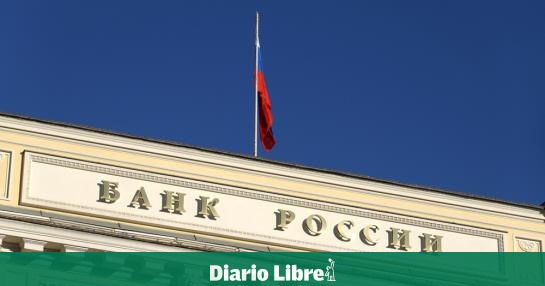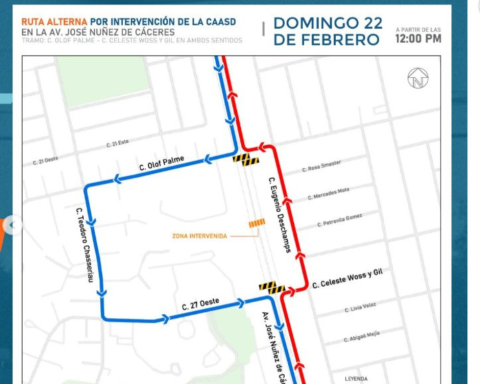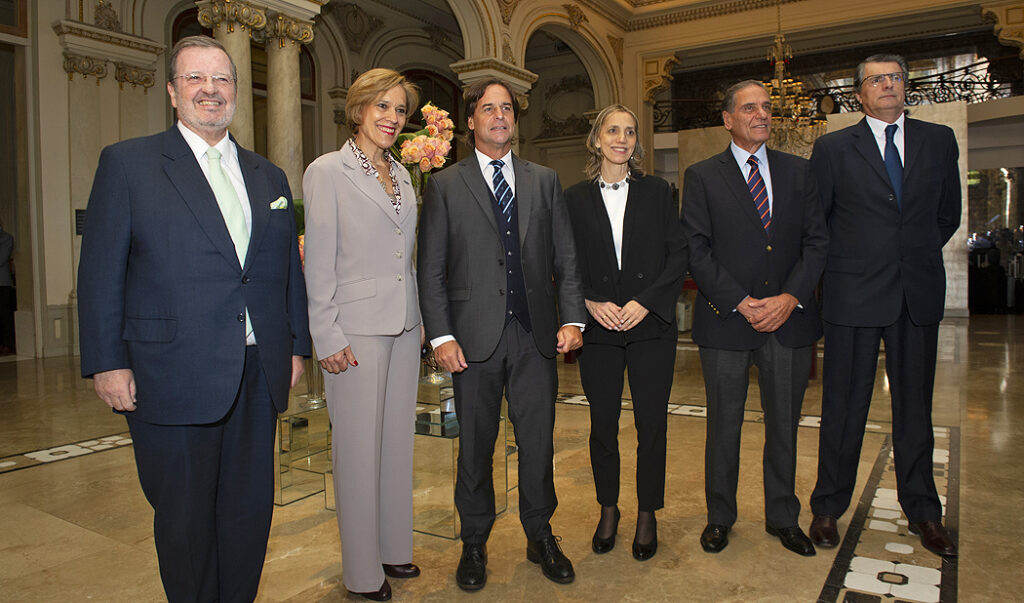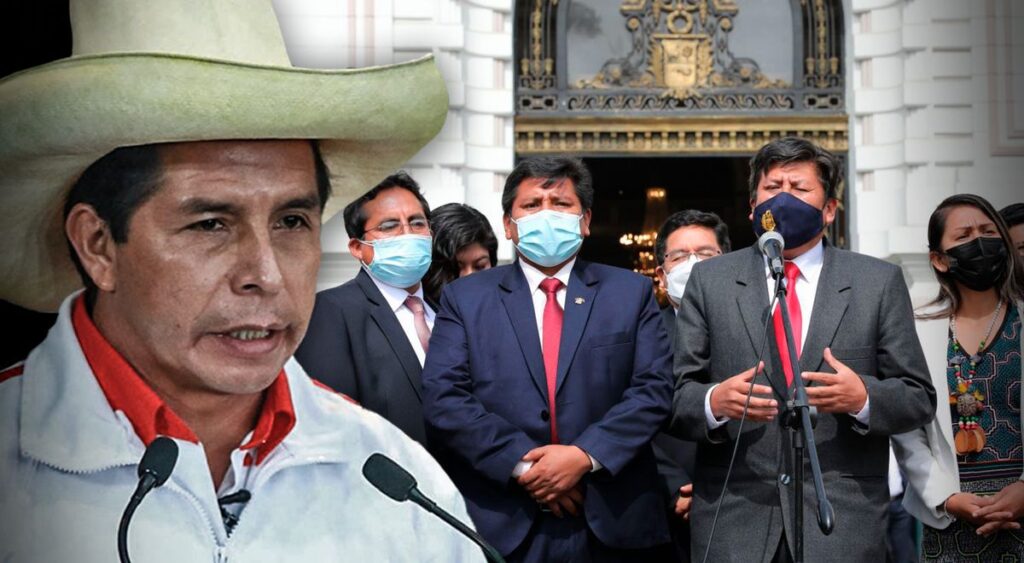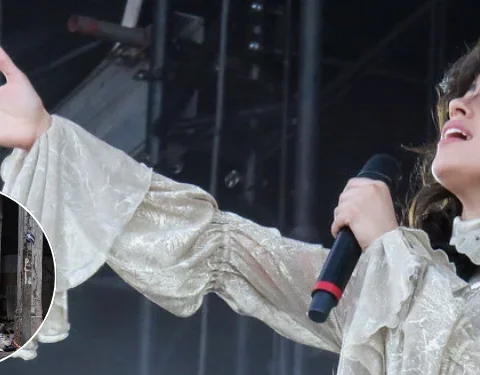The russian economy will collapse this year between 8% and 10% due to the impact of Western sanctions on Russia for its military campaign in Ukraine, according to the central bank (BCR), which would mean the worst recession since 1994 and the worst record since Russian President Vladimir Putin has been in power.
“The external environment of russian economy remains challenging and significantly limits economic activity,” the Russian monetary entity admitted today after an ordinary meeting of the board of directors, in which for the first time since the start of the military offensive on February 24 it published new macroeconomic forecasts.
The BCR admits that the leading indicators “point to a contraction in business and consumer activity.”
Consumer demand is declining and households are more likely to save. There are also problems in credit activity, especially in the retail market.
Imports suffer a clear brake due to commercial and financial restrictions, more than exports.
Despite the gradual change in the country and the commodity structure of exports and imports as new suppliers and markets for sales emerge, companies are experiencing considerable difficulties in production and logistics. directed by Elvira Nabiúlina.
The contraction forecast for this year is close to that of the International Monetary Fund (IMF), which recently placed it at 8.5%, but it remains below that of the former Minister of Finance and President of the Russian Court of Accounts, Alexei Kudrin, who predicts that it could reach 12.4%.
Sanctions are already hitting
The russian economy it has already felt the effects of five unprecedented rounds of Western sanctions in the first quarter – more than 6,000 – in which GDP increased by only 1.6%.
Nabiúlina pointed out at a press conference that “the lowest point” for Russia will be in the fourth quarter, when GDP will collapse between 12.5% and 16.5%.
The economist also believes that the annual inflation rate will bottom out at the end of the year, when it will be between 18% and 23%. In two months of Russian intervention in Ukraine it has shot up to 17.6%.
If the predictions of the Bank of Russia are fulfilled and the GDP collapses between 8% and 10%, 2022 will be the worst year since 1994, when the russian economy it contracted 12.7%.
It would also be the worst record in the more than two decades that Putin has been in power: neither the coronavirus pandemic in 2020 (which caused the worst drop in GDP in 11 years), nor the debt crisis in Europe or the sanctions in 2014 for the annexation of the Ukrainian peninsula of Crimea impacted both the russian economy such as the restrictions due to the war in Ukraine, according to the BCR.
Previously the worst moment for Russia was in 2009, when GDP fell by 7.8%.
The BCR forecasts are published after Putin affirmed on the 18th that the “lightning war” of the Western countries with their sanctions against the country “has failed”.
And all this while public statistics agencies decide to stop publishing data on some sectors -such as imports and exports “to avoid speculation and incorrect analysis”- or companies like Novatek announce that they will not publish their results for the first quarter under international standards.
Impact on the population
Meanwhile, the population notices the crisis in prices and in their income. The BCR forecasts that annual inflation will continue to rise in the coming months and that next year alone it will drop to between 5% and 7% before returning to the distant target of 4% in 2024.
Real disposable income in Russia fell 1.2% year-on-year in the first quarter, while unemployment remains stable at 4.1% in March, the lowest figure since 1991, according to the federal agency Rosstat.
Nabiúlina, who has just assumed another five-year term at the head of the BCR and who is responsible for managing the biggest economic crisis in 28 years, said today that the situation in the labor market is “quite calm.”
Of course, he admitted “that the structure of employment will inevitably change and a redistribution between industries and professions and also geographically will be required.”
Market adjustment occurs for now through forced vacations or part-time work, he said.
According to the vice president of the Lower House of the Russian Parliament, Andrei Turchak, currently some 600,000 people who worked in international companies have been transferred to forced vacations or are at risk of being fired due to the decision of thousands of companies to suspend their activity in Russia. or abandon the market altogether.
The BCR anticipates that the russian economy it will return to growth “gradually amid structural transformation” in 2023, so that in the fourth quarter the GDP will increase between 4.0 and 5.5%.
However, for the year as a whole the russian economy will not grow or remain in negative territory (between -3% and 0%).
In 2024, the GDP will increase between 2.5% and 3.5%, according to the BCR.
